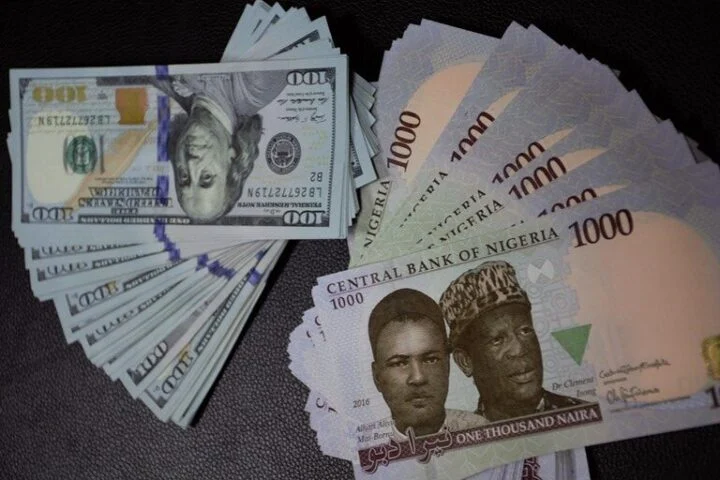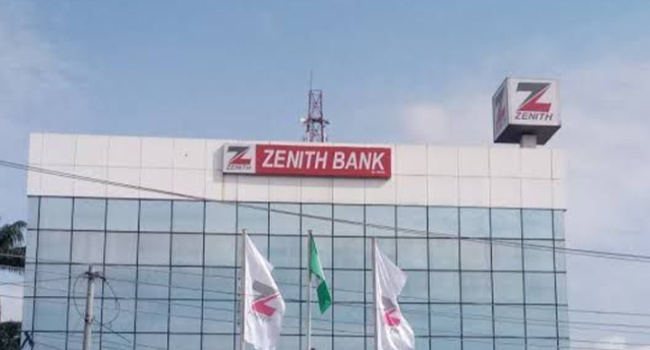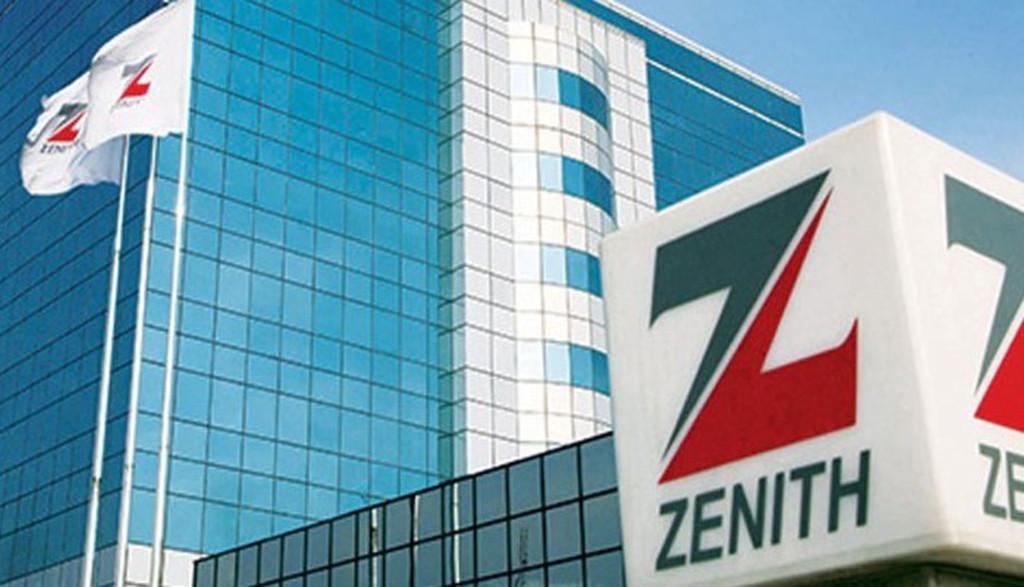The U.S. economy added 256,000 jobs in December, far surpassing the 160,000 expected by economists. This robust labor market performance has led to rising U.S. treasury yields, with the 10-year yield reaching 4.76% and the two-year yield at 4.38%.
These developments have shifted expectations around Federal Reserve interest rate policies, which may now remain high for longer. For Nigeria, this signals renewed risks of naira depreciation, with analysts raising concerns about the currency’s stability in 2025.
Join our WhatsApp ChannelImpact of U.S. Rates on Naira Depreciation
The high U.S. yields typically attract global investors towards safer assets, potentially reducing capital flows to emerging markets like Nigeria. A report by Nairametrics highlighted that capital importation into Nigeria is expected to be significantly lower in the second half of 2024 compared to the $6.4 billion recorded in the first half.
Analysts believe the continued high U.S. rates will exacerbate the naira’s depreciation, with projections of higher inflows in 2025 now under threat.
Analysts Weigh in on Naira Depreciation Risks
Bayo Adedipe Associates, during the First Bank Economic Outlook in Lagos, projected an exchange rate of N1,574/$1 in 2025, assuming declining U.S. rates. However, with U.S. rates likely to stay elevated, these forecasts are now uncertain.
READ ALSO: Naira Records First Major Depreciation At Official Market In 2025
“Elevated U.S. yields could increase the cost of servicing Nigeria’s dollar-denominated debt, worsening the country’s fiscal challenges,” analysts stated. This could further strain government finances, with the depreciating naira posing inflationary risks and affecting import costs.
Policy Challenges Amid Naira Depreciation Concerns
The Central Bank of Nigeria (CBN) faces a complex task in stabilizing the naira amid these global financial shifts. Sustained high U.S. rates could lead to dollar shortages, increasing the naira’s volatility and driving up inflation.
The CBN’s forex matching system, introduced to enhance market transparency, has helped stabilize the naira to N1,544/$1 recently. However, the risk of further depreciation remains, as external pressures mount.
Stocks Listed on the Nigerian Exchange
- Zenith Bank: N24.50
- GTCO: N28.30
- Dangote Cement: N284.90
- MTN Nigeria: N187.50
- BUA Cement: N68.30
These stocks remain under watch as the Nigerian economy navigates the challenges posed by global financial shifts and local currency depreciation.
Emmanuel Ochayi is a journalist. He is a graduate of the University of Lagos, School of first choice and the nations pride. Emmanuel is keen on exploring writing angles in different areas, including Business, climate change, politics, Education, and others.














![Tinubu Returns To Abuja After Europe Trip [Photos]](https://www.primebusiness.africa/wp-content/uploads/2025/04/Tinubu-returns-to-Abuja-Pohotos-2-150x150.jpeg)




Follow Us